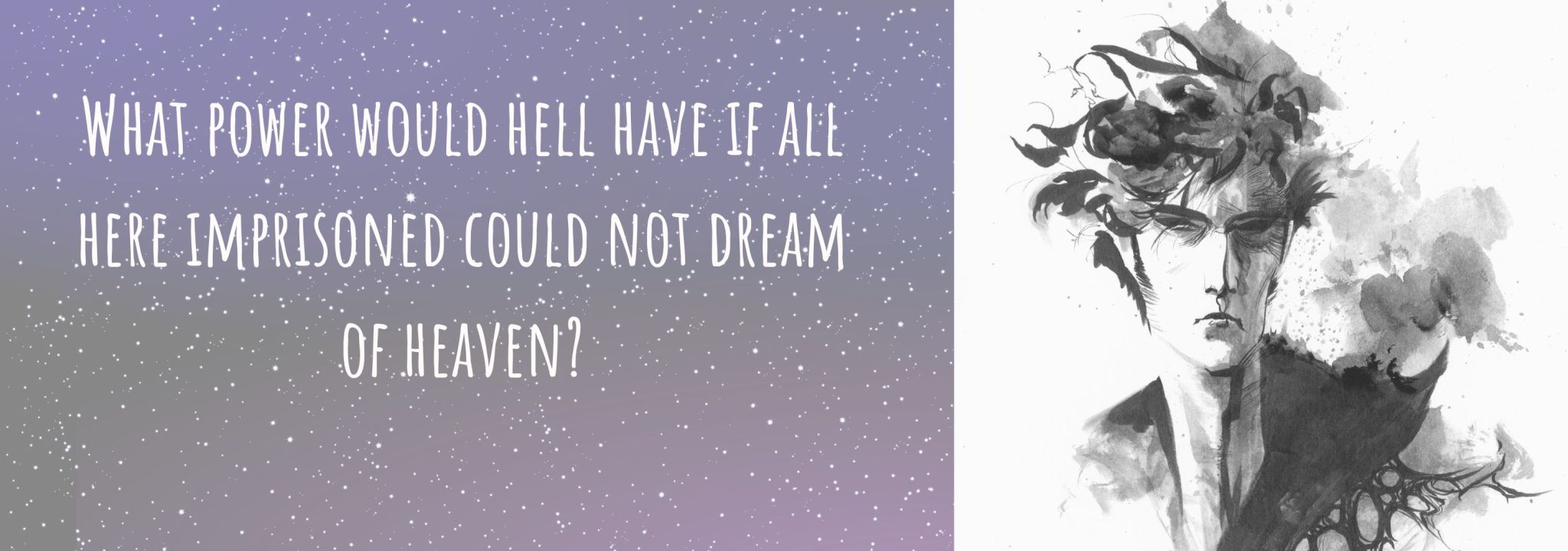I've always wondered how the story would work out if a young Christine Daae meets Erik as the Opera Ghost, NOT as the Angel of Music.
This is a kid who's grown up on fairy tales. She should know that the first rule is always to be kind. Kindness and courtesy and respect can be a surprisingly effective defense against the scariest creatures. Christine is all of these things by nature, except when curiousity gets the better of her.
But that's for a different story and in a different universe. Over here, Christine gets to meet the infamous Phantom of the Opera as a young girl, just beginning to leave her childhood behind, just still enough of a child to believe.
So maybe when she accidentally runs into a tall, dark, forbidding figure with his elegant gentleman's clothes and opera cloak and white mask, she doesn't scream or run or faint.
Maybe she drops him a cute little curtsy, wobbling a little because unlike her best friend Meg, she's not a born ballerina. Maybe she warbles a little greeting, "Good day to you, Monsieur Opera Ghost."
And maybe that's how it starts.
Erik makes friends with this adorable little girl who doesn't scream at the sight of him. He's utterly charmed by her and she's the first person, in a good long while, who gets to learrn that the Opera Ghost isn't really a ghost.
(Ironically, Le Fantôme forgets what the old tales speak of when it comes to the giving of names.)
Maybe the two of them end up making mischief together, the Phantom and his petite fantôme, pulling off ingenious pranks and silly, harmless tricks. Maybe Christine starts adding to the ever growing store of Opera Ghost tales, with all these gloriously lurid details that she manages to relay with an absolutely straight face.
Erik, in his usual hiding places in the Opera House, is hard set not to give the game away by helplessly chortling at his petite fantôme's imagination. At one point, one storytelling session is broken up by the little ballet and chorus girls screaming in delighted terror because Erik couldn't stop himself from laughing.
(He had to throw his voice for that, so he wouldn't give away where he was hiding.)
Christine grows up, of course, and Erik doesn't develop the weird crazed obssessiveness that grew out of a desperate love - this is not that universe. For him, she's his dear petite fantôme - a friend, who, against all odds, isn't going to be ripped away from him through some tragic twist of fate.
(He has so very few of them, you see. Sometimes, he's not even sure if THEY think of him as a friend. Opera ghosts can't be choosers, though.)
Things start changing, maybe, when Christine is nineteen and she's starting to dream about being more than just singing in the chorus. Erik is only too delighted to have nurtured the development of her original sweet childish treble to the glorious instrument that it was now. They've often sung together, the two of them - her high sweet ethereal voice chasing after his own resonant tones, blending in harmony.
(One of their favorite pranks was to sing haunting melodies in a near-empty theater, simultaneously scaring the life out of the skeleton crew working at night.)
Some things are meant to happen, no matter what the universe, and Christine Daae steps in as an unlikely substitute for the temperamental La Carlotta. She brings Paris to its feet with her rendition of Elissa in Hannibal.
Christine gets asked, of course, how on earth did she suddenly bring out That Voice,
She only smiles. "I was taught, of course, by my Angel of Music. Who else?" Mischief and mystery are dancing in those blue eyes.
There's a funny little lurch in Erik's heart at the way she says "my Angel of Music."




















